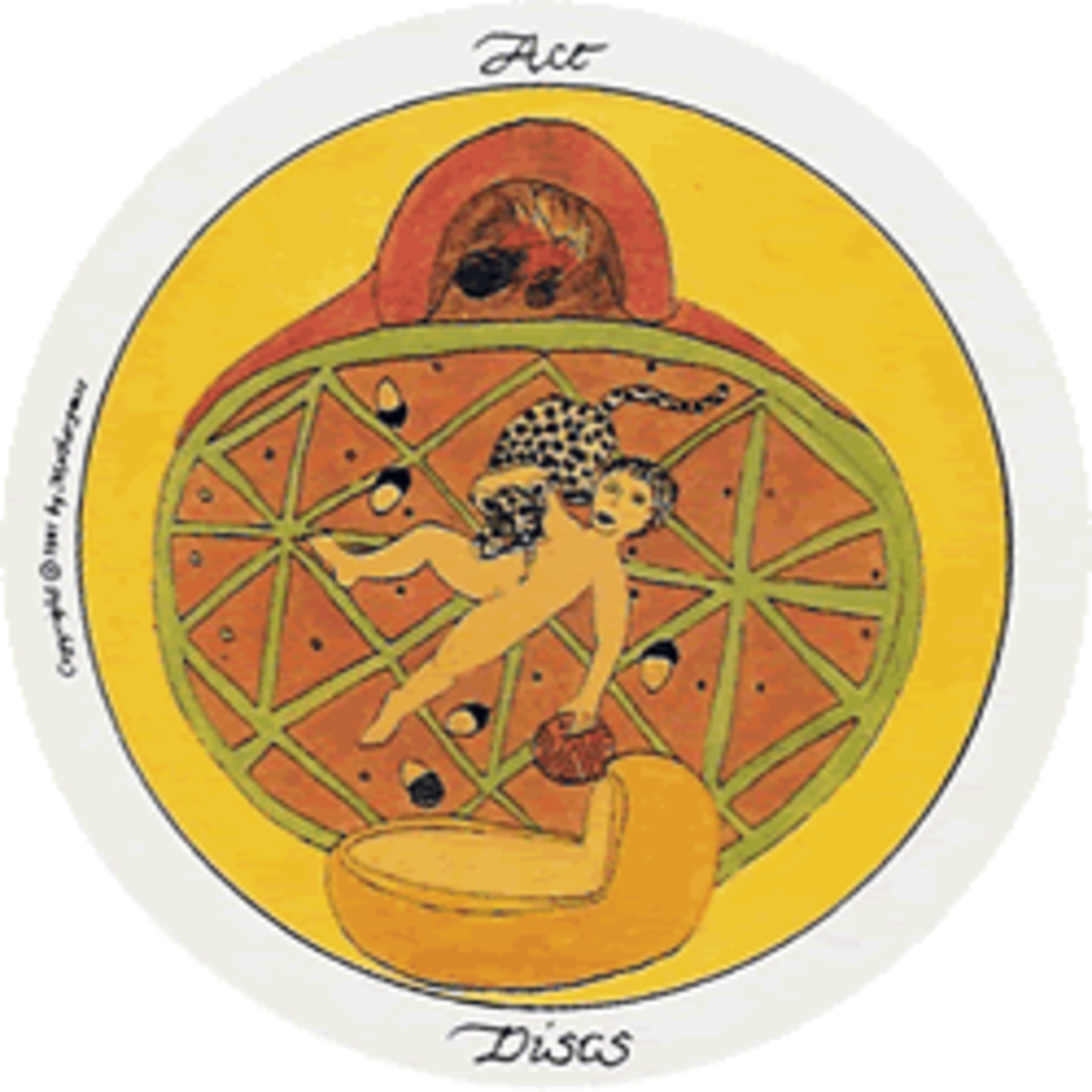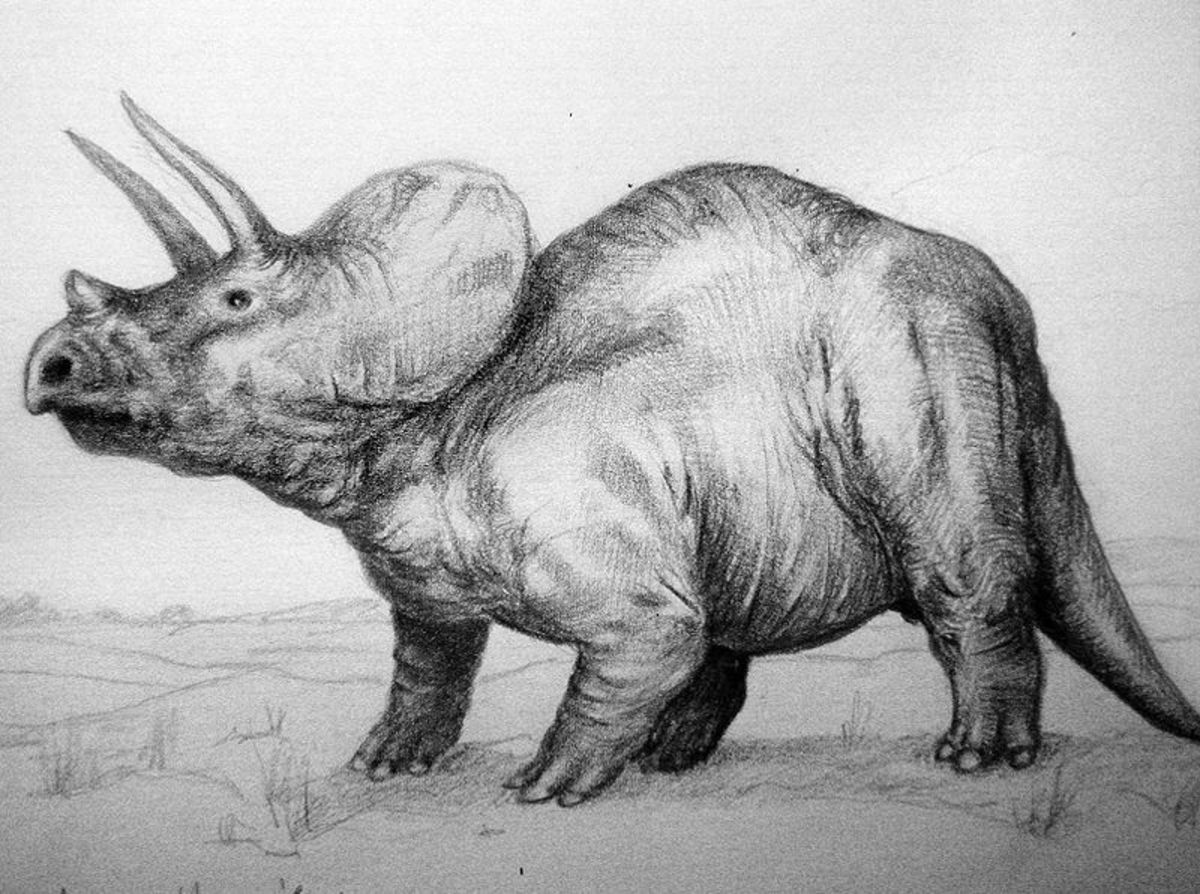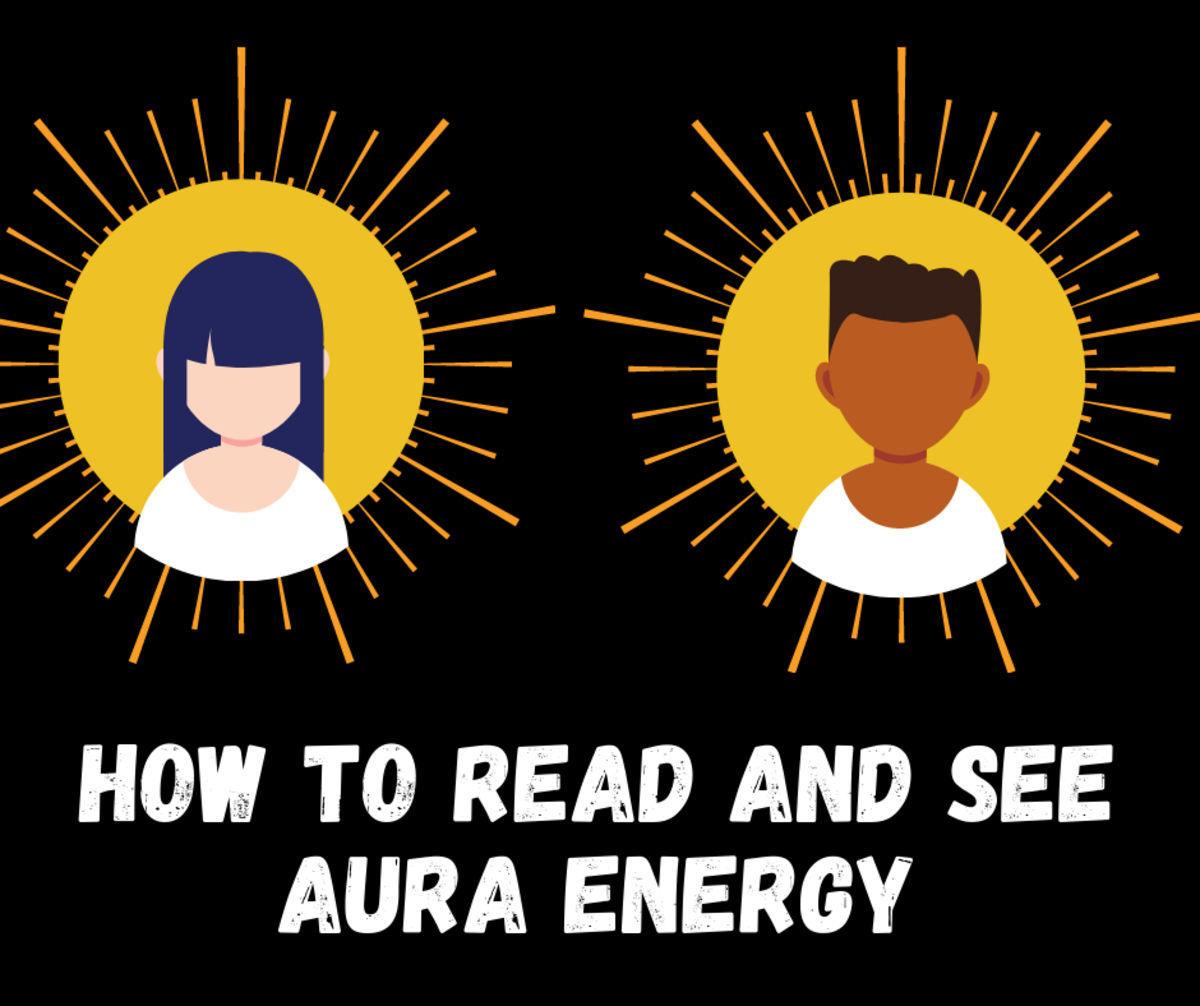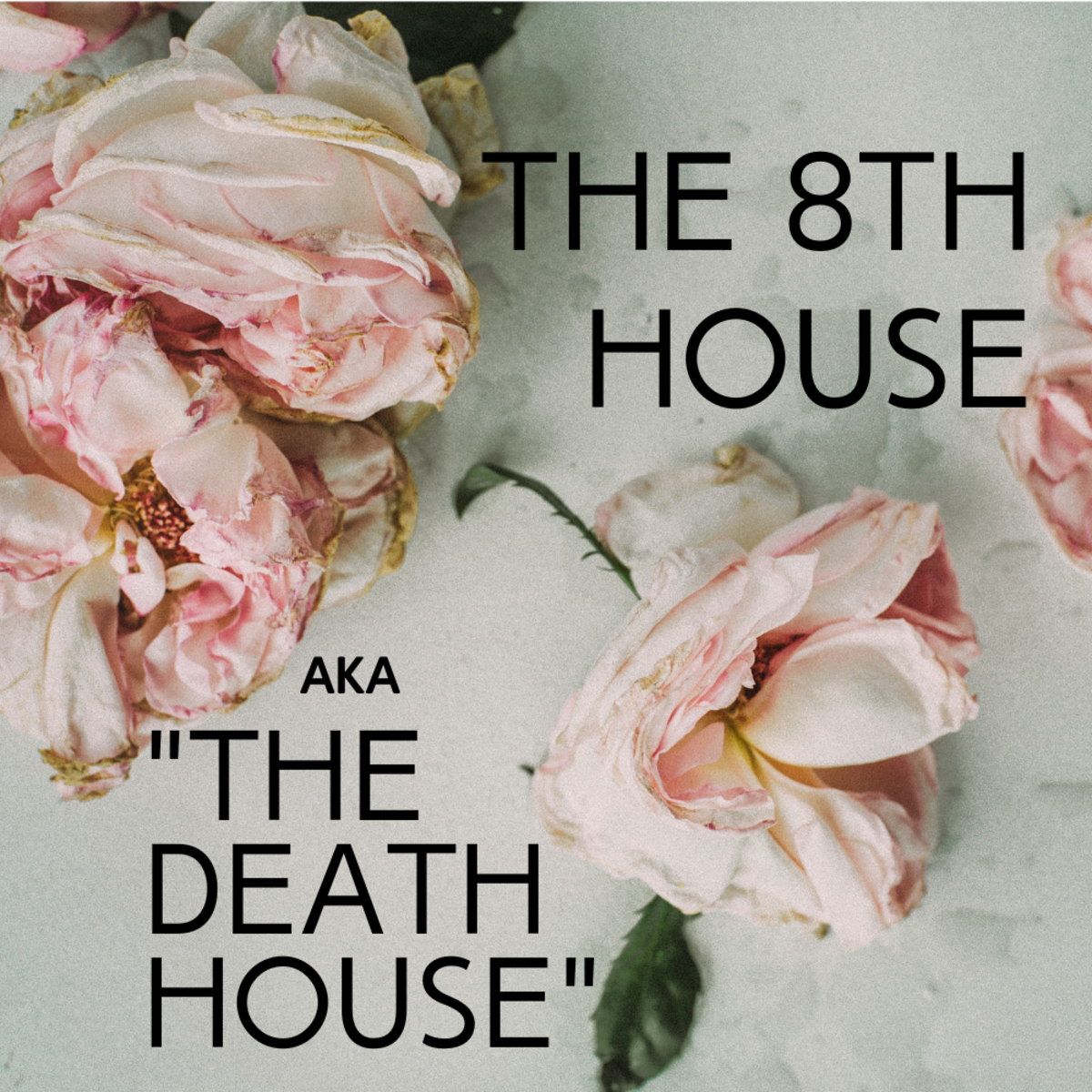Is there a difference between want and need?

It appears that Confucius was confused about wants and needs. He asked: “Why is there so often such a big difference between want and need?”
For such a wise man Confusions should have understood that perhaps he was framing the question wrong. There is no difference between want and need. Perhaps a better question would be: Why do we seem to need things we really probably don’t need?
Why do I want a Bentley which I will never have, when any car will do getting me from point A to point B? I don’t need a Bentley, but the same feelings are triggered in me as if I did. Intellectually I can tell myself I don’t need it. But that does not kill my desire.
Now, you could talk about any desire. Perhaps a specific cell phone, or girlfriend.
We think of need as basic need to life like shelter, warmth, food, etc. Not cell phones. But is that the case?
Needs demand fulfilling or the feeling of need or desire does not go away. If you itch, you scratch. The need demands action, and once that action has been done and the need fulfilled, the desire to fulfil the need goes away.
Desire then is the feeling we get when a need presents itself. It manifests as a feeling, and that feeling is always desire/want. Therefore need and want one and the same thing.
So why do I need a Bentley? Not to get from point A to point B. I need it fulfil my idea of perfection in driving, luxury, and perhaps even status. In my mind a car like that will give me all those things. So if I want to fulfil that need I have to work hard and get rich, or work hard and buy a used one. Desire always represents need even though it is not always utilitarian or basic need. That’s just the way the brain and body operate.
Addiction is a perfect example. The drug becomes a need because it triggers the desire response as it wears off. Heroin goes one step farther and mimics natural endorphins. When the level of endorphins is too high the body stops making them. The problem is that when people want to quit heroin their body doesn’t start making the endorphins again right away. It takes time. And in that time the addict is in real pain because they are lacking the chemicals in their body that makes living with nerve endings possible. Without them even the clothes on your back hurt your skin. Heroin then takes over a basic need and replaces it.
So the question is, why do we try heroin or alcohol or tobacco in the first place? There is of course not one answer to that, but probably hundreds of personal answers. In the case of the must have cell phone it could be a desire to fit in or better your peers, it could be due to something new you want to do that can’t be done with another phone. It might be status, and it might be curiosity. Take your pick of those and many more.
What it boils down to is genetic predisposition acting on and reacting to environmental influence.
What is wrong with wanting the finer things? What is wrong with wanting a better life? And it is out of this felt need to betterment that is manifest in every way from a new cell phone to an expensive car to a night out at the finest restaurant to eat an overly expensive meal.
Need is the engine of desire. Desire motivates action, and action achieves results. Thinking about it alone, doesn’t. But the individual and their specific conditioning create need in answer to outside stimulus.
Therefore the system looks like this: Individual’s conditioning and specific physical make up/structure has inherent needs as well as created needs. Those needs are created by conditioning reacting to environment. All needs manifest as feelings of want/desire in varying degrees of strength.
It is these varying degrees that make us want to categorize wants needs and desires differently, and we often use the words desire and want to represent something other than basic need. The problem is that basic needs are not entirely stagnant. They are, in fact, dynamic. They change as we change. You could say that if we have enough grubs to eat and find enough leaves and branches to make a hut, that we have fulfilled our basic needs. But humans are not all very happy with those bare necessities. We now need electricity and running water. Most of us want meat and potatoes, not grubs. So our likes and dislikes play a big part in our needs, and so does our culture and the times we live in.
Our need for fair play also contributes to this issue. If no one has a TV no one misses them. If one person on the block has one it is only fair I have one too.
Mankind has always had a need to better itself and its predicament in the world. And that need produces other needs that all manifest in desires and wants. Throughout history those desires and wants once translated into actions have evolved us to the times we live in today. That does not mean it has always been a smooth ride. It also does not mean that everything we do is actually best for us. It just means we think it is best under the circumstances. A perfect illustration of this is the man on the bus who cut another passengers head off. He heard voices that told him the other man was a demon, and the only way to get rid of it was to cut its head off. Turned out not to be true but he did what he thought was best at the time. And yet we have made a lot of progress in many areas.
But I am an intelligent person. So if I think about it rationally I can push back my need to have a Bentley. The feeling of want diminishes as I go over all the reasons I will never have one and all the things I would have to do just to get one anyway. You can learn your way out of a need. Once your mind has changed on the subject your need often vanishes, and of course your desire for it vanishes as well. It is fulfilled by elimination through education rather than by being fulfilled materially or actually. I am now at the stage that I accept that I will never have one, but I hope I am wrong.
Oh yes. There is always hope. If I win the lottery tonight my dream might come true. But then again, I’d probably buy a used one anyway. I just can’t see paying that much money for a car, let alone maintenance, insurance and gas. I better win really big or buy an electric.
Hope has degrees as well. Is it just another word for desire? It would seem so. How then do we categorize degrees of hope, want and desire? It seems each has degrees. They are not degrees of each other. They are all just different ways of saying degrees of need felt. There are strong needs and weak needs and every degree in between. You feel this as a weak hope or desire or want, or a strong hope or desire or want, and all the degrees in between.
Confucius was right about one thing: it is a complex subject. But it isn’t all that complicated if you understand the framework.









